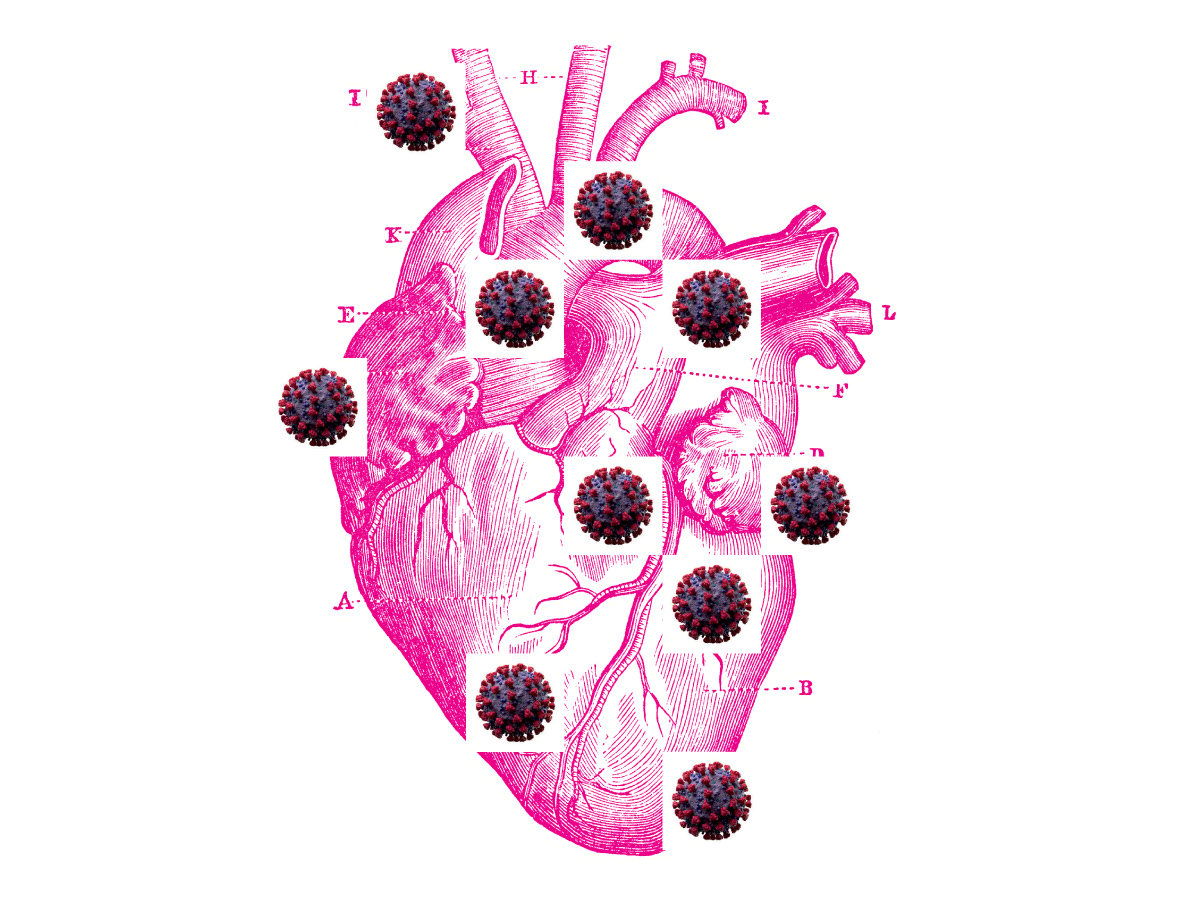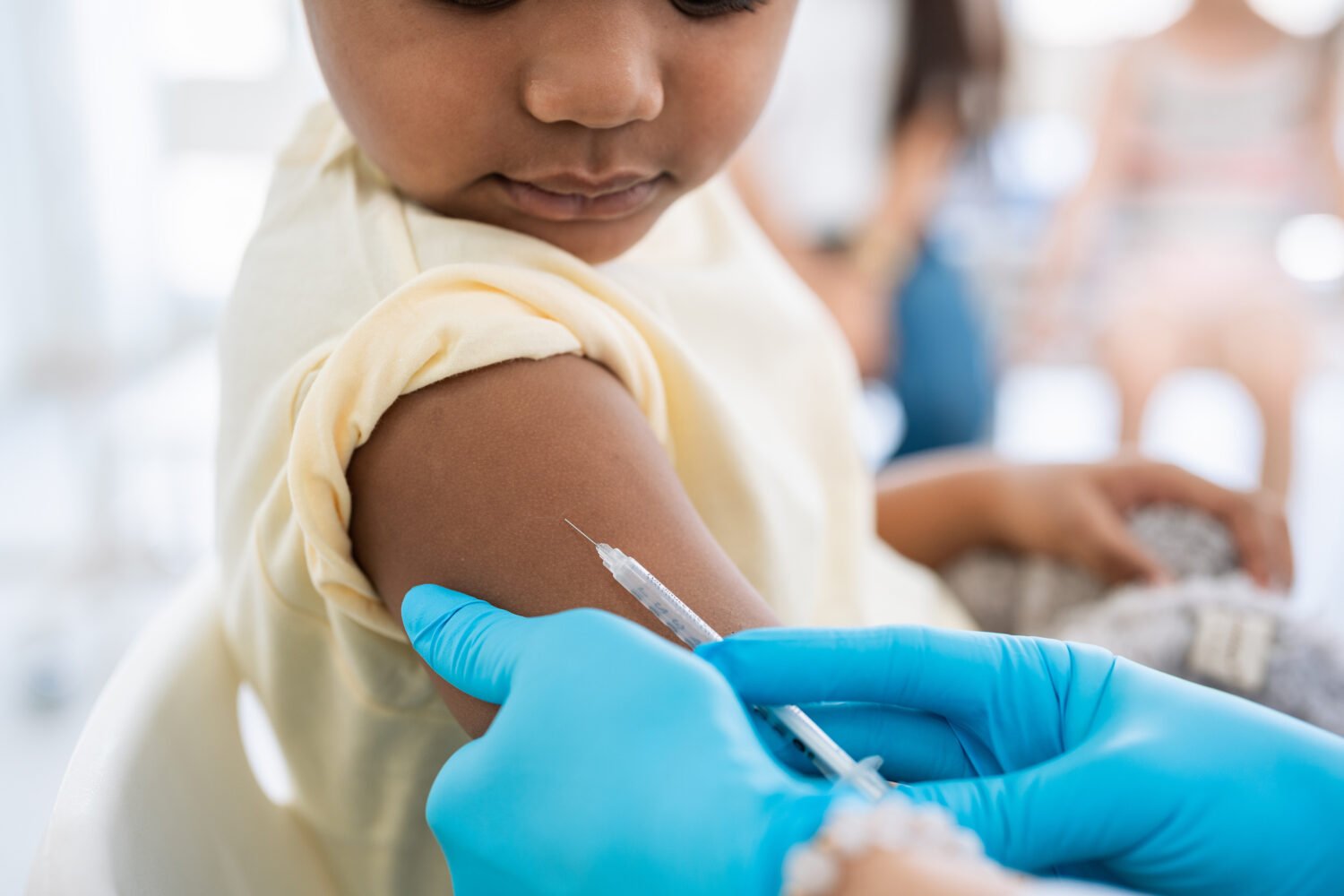Three years in, the pandemic is still affecting many areas of medicine, including how physicians practice cardiovascular care—and the treatments that patients need. Here, four cardiologists share the ways Covid changed their field.
More Remote Treatment
Devices such as bluetooth-enabled cuffs that send blood-pressure data directly to health records were starting to gain traction before the pandemic. But according to Ameya Kulkarni, an interventional cardiologist at Kaiser Permanente in Tysons, Covid helped accelerate patient comfort with remote-monitoring gadgets. “Patients need to trust that the tool makes sense for them,” Kulkarni says, “and the pandemic created an environment where we could demonstrate that it’s a trustworthy tool.”
Along with remote monitoring, telemedicine gained more acceptance, says Alireza Maghsoudi, a cardiologist at Virginia Heart. Check-ins without the hassle of travel create more opportunities for busy patients to seek treatment. “You don’t have to worry about transportation and who is going to take [you],” Maghsoudi explains. “It’s much faster access to healthcare providers.”
Making Up for Lost Time
Not everyone was being monitored remotely: Many patients avoided medical visits at the height of the pandemic, even when experiencing drastic changes in their health. Now physicians say they’re seeing the consequences of that delay, including on the heart. “When [patients] finally came into the hospital, they were far sicker than I think they would have been outside of a pandemic, because the threshold to come in would have been much lower,” says M. Casey Flanagan, director of the Sports Cardiology Clinic and Hypertrophic Cardiomyopathy Clinic at Inova.
Changing Pandemic habits
Covid-era lifestyles—less exercise, unhealthy diets, more drinking—were partly to blame. Those habits can lead to high blood pressure, which is a risk factor for heart attack and stroke. According to the National Center for Health Statistics, heart-disease death rates increased in 2020 after a steady decline over the previous four years. Helen Barold, a cardiologist at Comprehensive Cardiac Care in North Bethesda, continues to see pandemic habits wreak havoc: “I never once, prior to the pandemic, had to send somebody to alcohol rehab as a cardiologist. Now I know where [rehab centers] all are around here.” The ongoing stress of adjusting to the latest new normal also has an impact. “These patients are falling apart in the office,” Barold says. “Their blood pressures are high.”
This article appears in the February 2023 issue of Washingtonian.


















